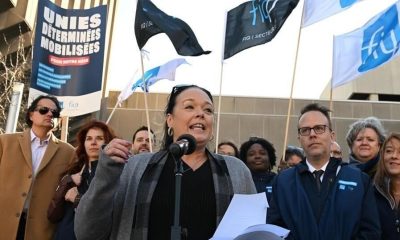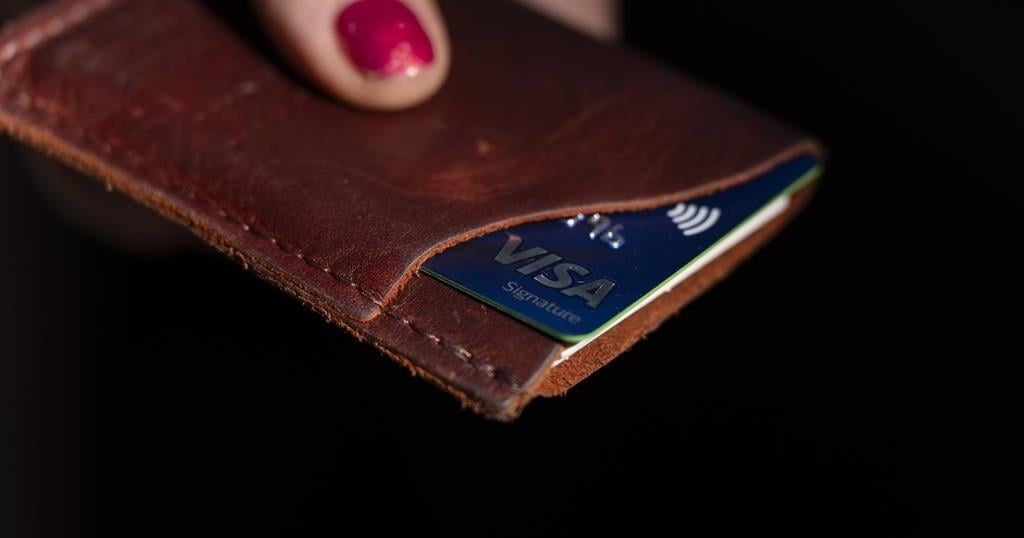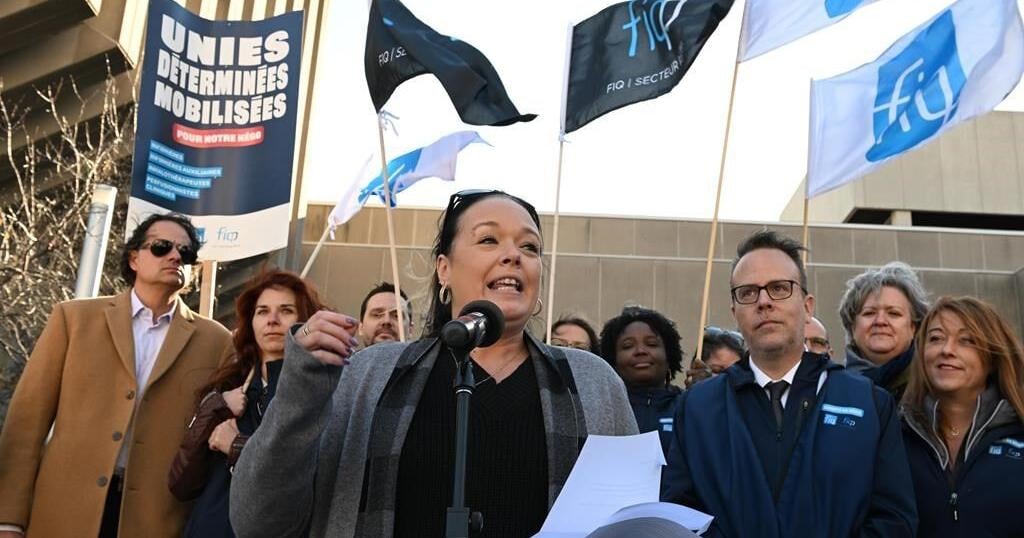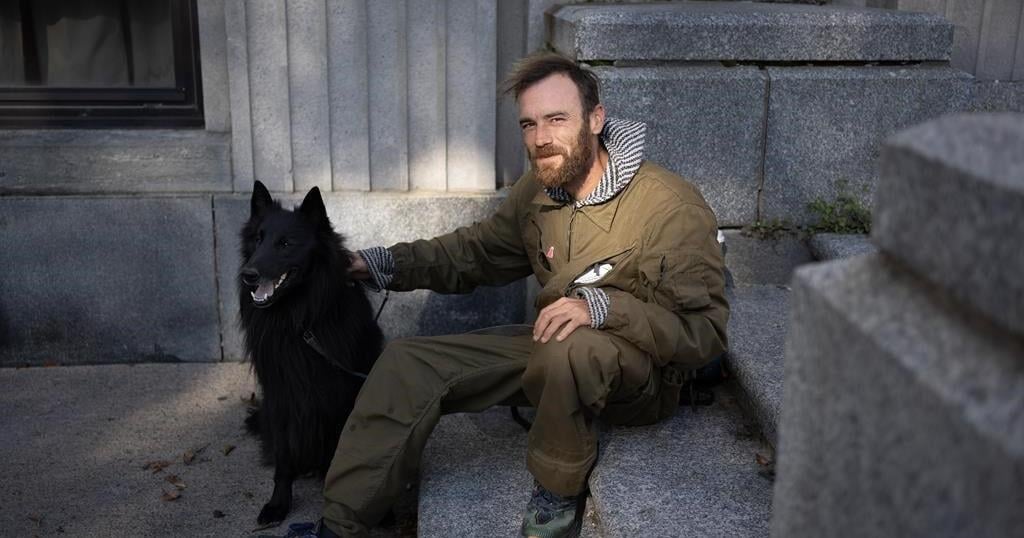TORONTO – Credit card fees for small and medium-sized businesses are starting to dip lower as a deal reached between the federal government and the two major card companies is set to take effect.
Mastercard and Visa are reducing interchange fees by up to 27 per cent in a move that Ottawa says will save businesses about $1 billion over five years.
Dan Kelly, president of the Canadian Federation of Independent Business thanked Finance Minister Chrystia Freeland for seeing the deal through. In a statement, he said qualifying businesses could expect about $350 savings per year for each $100,000 in Visa sales and about $200 in savings per year for each $100,000 in Mastercard sales.
To qualify, businesses’ sales volume can’t exceed $300,000 on Visa and $175,000 for Mastercard.
The change officially takes place Saturday, but some payment processors have already started to pass on the savings.
The small business group has, however, noted that not all processors have been clear that they’ll pass on the savings, pointing for example to Stripe where not all customers will see a change.
Kelly said Stripe’s decision means the company would keep the savings that were intended for small business customers.
“It’s extremely disappointing to see a big company take this approach,” he said.
Stripe says customers on its Interchange Plus plan, which sees costs vary by transaction type, will see the fee reductions passed through, just like other network cost and fee changes.
But those on its flat-rate plan won’t see a change, because the company says it has seen other costs and fees rise that add up to more than the reduction in interchange fees.
Other processors such as Moneris have said that qualifying businesses on both its interchange plus and flat rate model will see a reduction.
Finance Ministry spokeswoman Marie-France Faucher said the fee reduction should benefit about 90 per cent of businesses that accept credit card, and the department expects companies to pass on the savings.
“The federal government is closely monitoring the implementation of the credit card fees reduction, with the strong expectation that all payment processors like Stripe will pass the savings on to small businesses.”
She said the revised code of conduct for the industry has also given businesses more rights, including switching processors without penalty.
This report by The Canadian Press was first published Oct. 18, 2024.






























